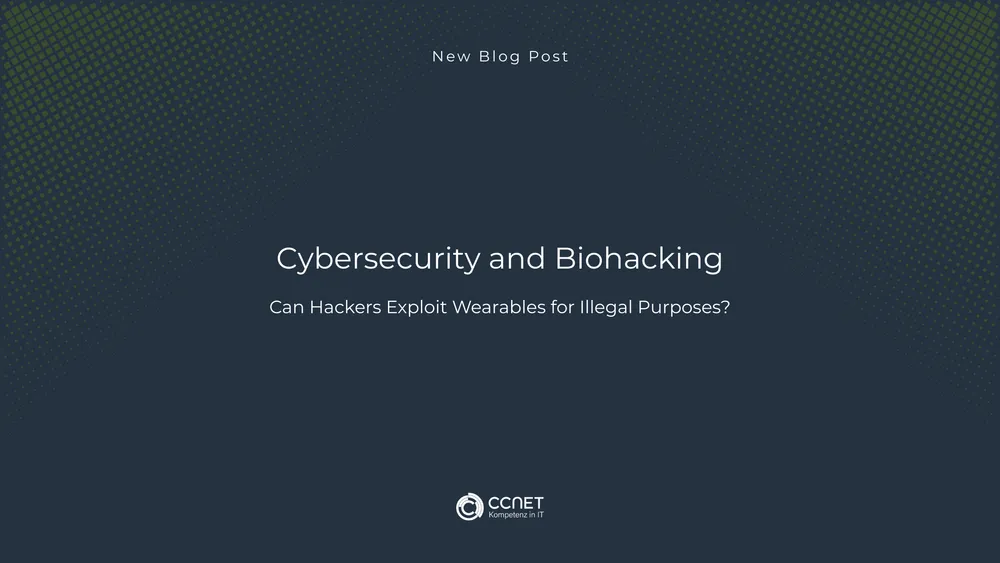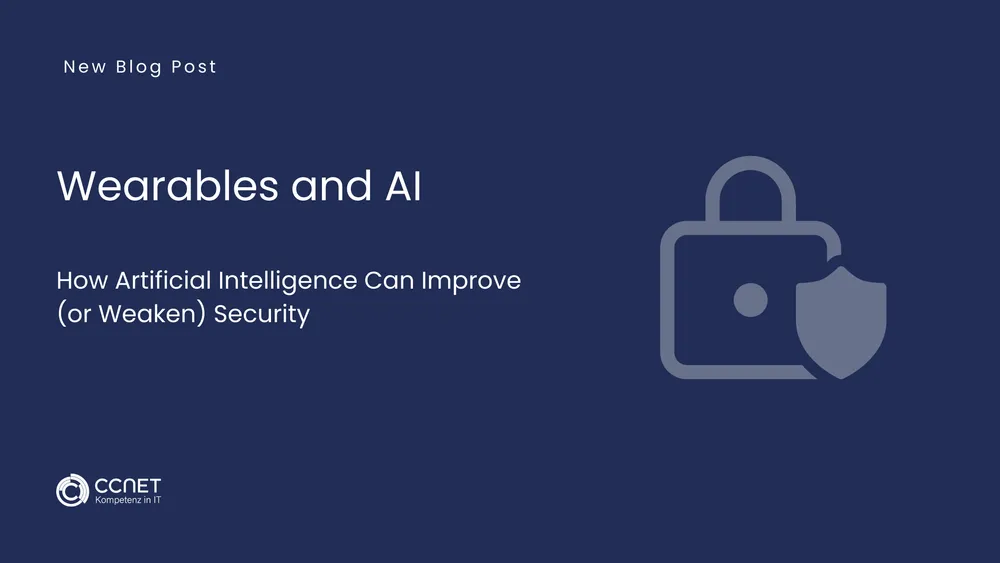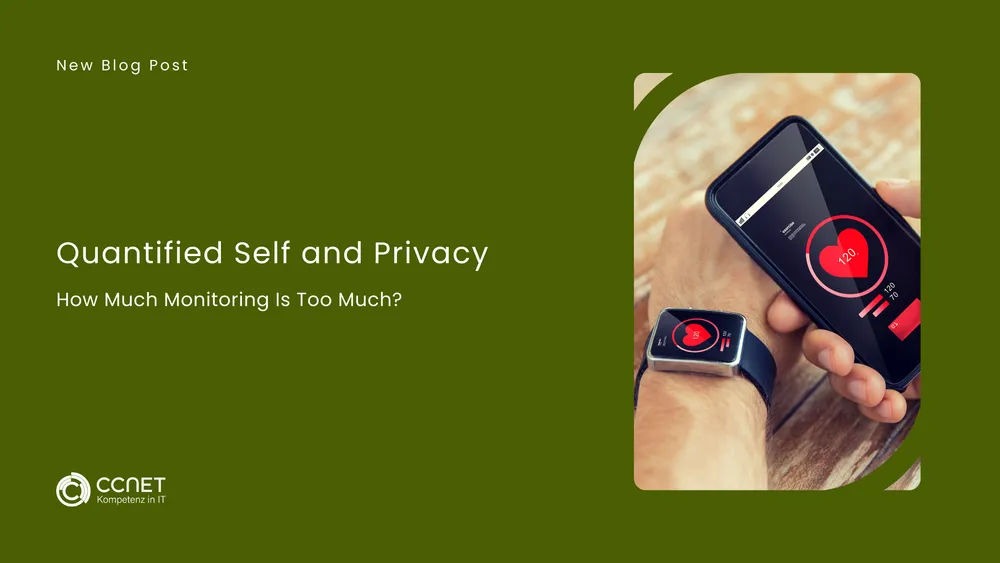
CCNet
Jun 30, 2025 • 2 min read

Secure Bluetooth Pairing: Why PIN Codes aren't enough and how to stay safe
The integration of digital technologies into healthcare brings not only technical and legal challenges but also ethical ones. Wearables are capable of collecting and analyzing highly personal health data—and this has far-reaching effects on society. In this article, we address the ethical issues associated with the use of health wearables and examine the boundaries between innovation and individual rights.
1. Surveillance or Health Support?
While wearables help monitor health, they also carry the risk of becoming surveillance tools. The permanent recording of biometric data raises the question:
- Where is the line between self-monitoring and external control?
- Could employers or insurers one day use this data to evaluate behavior or performance?
Such scenarios shift the discussion from health optimization to social control.
2. Autonomy and Informed Consent
Ethically, it is important that users fully understand what data is collected and how it is used. However, privacy policies are often complex and difficult to interpret. Without real informed consent, users lose their autonomy and may unknowingly agree to data use they would otherwise reject.
3. Discrimination and Social Inequality
There is a risk that wearable-generated health data could lead to discriminatory practices:
- Health insurers might offer better rates to users with “healthy” data.
- Employers might screen candidates based on performance data.
- People without access to wearable technology might be excluded from new health services.
Such developments raise the issue of digital discrimination.
4. Responsibility and Trust
Who is responsible when a wearable provides incorrect health data that leads to wrong decisions? The lack of clear liability regulations can undermine trust in digital health technologies. Ethical use requires that manufacturers and service providers take responsibility for the accuracy and reliability of their systems.
5. Data Ownership and Control
Who owns the data generated by a wearable—the user, the manufacturer, or the platform operator? Ethically, the user should retain control and have the right to determine how the data is used and stored. However, this is not always the case in practice.
6. Balancing Innovation and Ethics
Technological progress must not come at the expense of individual rights. A responsible innovation culture is needed—one that involves ethics boards, interdisciplinary cooperation, and transparent governance mechanisms.
Conclusion: Ethical Awareness as a Guiding Principle
Digital health technologies such as wearables have the potential to improve lives—but only if used responsibly. Ethical considerations must be at the heart of development and implementation. Society needs to ensure that digital health promotes well-being without undermining freedom, equality, and dignity.
In the next article, we’ll take a closer look at an emerging trend:
“Biohacking and DIY Wearables – When Humans Become Platforms.”
Digital vulnerabilities on your wrist: How smart health gadgets become targets
How do attackers access data from wearables via communication?
If Bluetooth, Wi-Fi, or mobile connections are not sufficiently secured, attackers can intercept or manipulate data traffic.
What vulnerabilities exist in wearable software?
Insecure firmware and apps with missing security updates or weak authentication provide targets for unauthorized access and manipulation.
What can happen when sensor data is manipulated?
Incorrect sensor data can lead to medical misinterpretations, such as incorrect diagnoses or inappropriate treatments.
Why are wearables particularly vulnerable to physical attacks?
Due to their accessibility, wearables are easy to manipulate, e.g., via modified chargers or open interfaces.
How do cloud and backend systems create risks?
Inadequately secured cloud environments can be the target of cyberattacks in which sensitive health data is stolen.
What is the problem with third-party integrations?
Data can be passed on or sold to external services without users having sufficient control over this transfer.
What does the text recommend to minimize security risks?
Manufacturers should use encryption, regular updates, and strong authentication; users should be mindful of how they handle their data.


